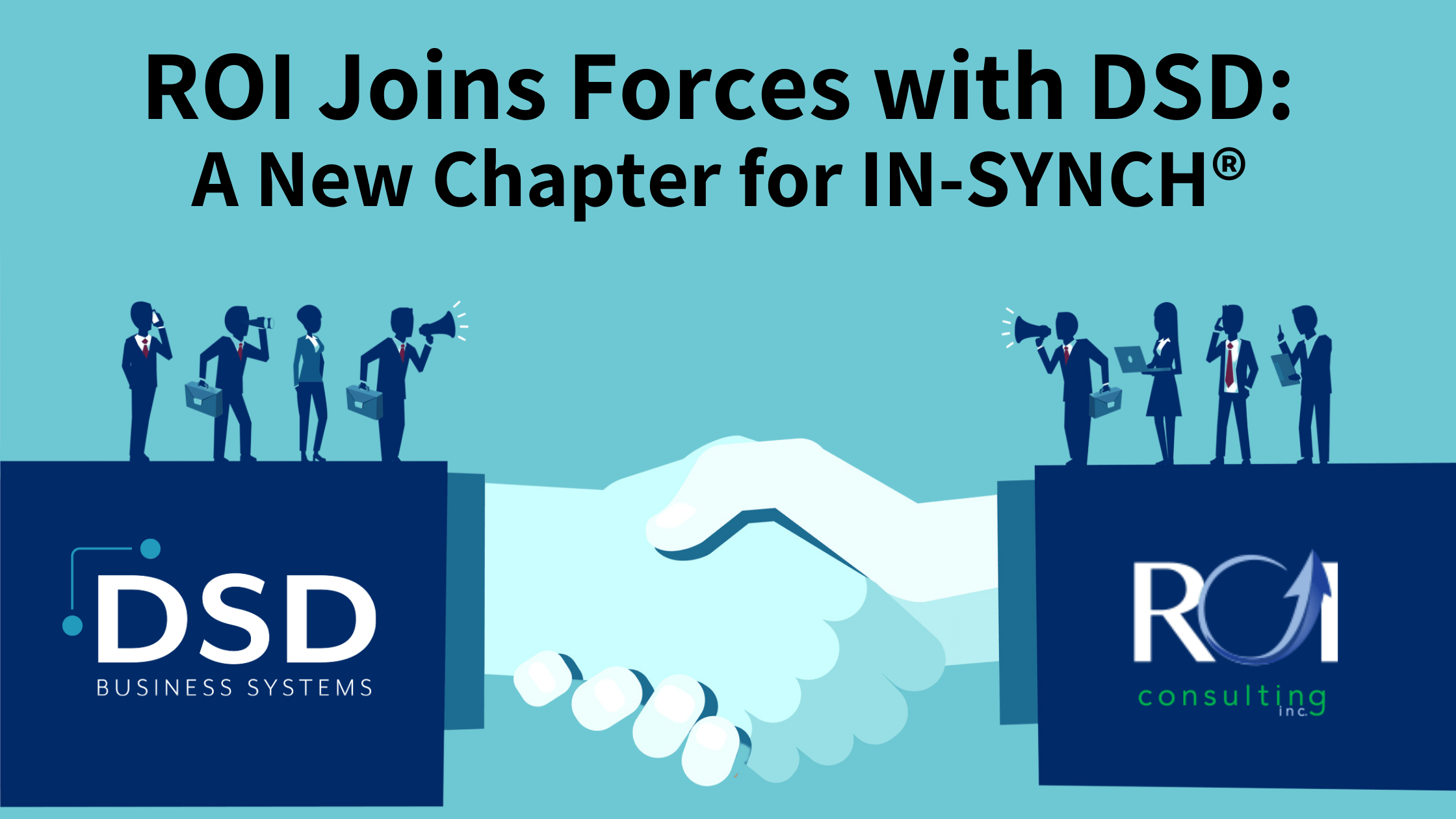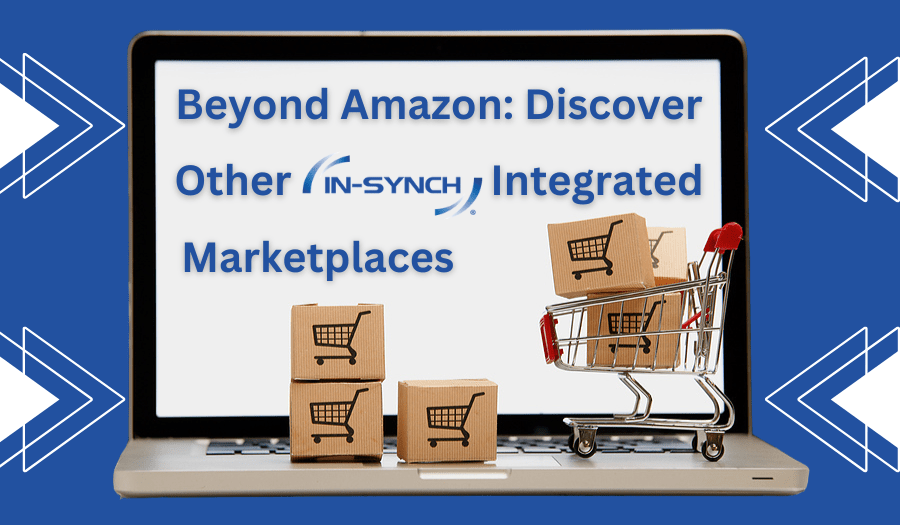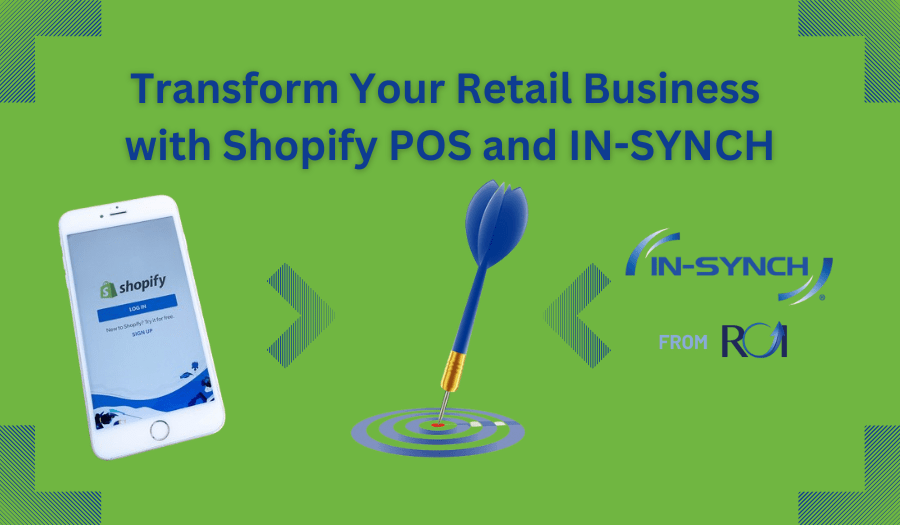By Ruth Richter • February 15, 2017
Finally, your company’s internet activity has reached the volume where the return on the investment in an integrated webstore is possible. Now is the time to get the project off the ground so that the business can grow sales before the need to increase internal labor every step of the way. But there’s just one hitch, and it’s the same thing that’s been holding you back all this time: where do you start?
Check out these five top things you need to know to get your integrated webstore off the ground, so that your business can increase sales without missing a beat.
- Identify Examples of Stores that have Attributes You Want
Look at other webstores, within and outside of your industry, with features/functions, look/feel that you envision for your webstore. Pay attention to layout, navigation, product information, ease of ordering, and email notifications to compare your customer service expectations with their customer service delivery. Document your ideas and links for your webstore developer.
- Look to Your Current Website to Help Plan
Clarify if you will be keeping your current website and adding a new, integrated shopping cart, or if you will be replacing the current website altogether. Do you want to mimic the look and just add simple shopping cart buttons to what you have? Do you want a highly customized webstore that can seamlessly match your brand look and feel?
When looking at adding a shopping cart vs. a new webstore, remember to consider your long-term investment and flexibility. You may find a fantastically affordable shopping cart integration that’s easy to set up and works like a charm – but is it scalable? Don’t limit your options down the road – it may be worth it to take a little more time and pay a little extra to ensure you control your data exactly how you want to.
Your website integration expert can advise you on the pros and cons.
- Consider Hosting Options
One of the most important decisions you will need to make is where to host your webstore. Some shopping cart vendors like Shopify require that you host the solution with them. When hosting is required by the shopping cart vendor, that creates a long term decision because if you determine you no longer wish to host the solution with the vendor, you walk away from the solution altogether.
With solutions like Magento, where you are able to select the host of your choice, you still need to carefully select the hosting company. These applications are very robust and they have very specific requirements for hosting in order to ensure the solution is stable.
- Plan for Sage 100 Integration
Whether you choose a hosted site or a “non-hosted” solution; a highly customizable webstore or a straightforward, basic template; you’ll want empower your investment with scalable, bi-directional, real-time synchronization between Sage 100 and your shopping cart. Be sure to select your integration partner based upon their customer references and depth of experience with Sage 100 integration.
- Prepare Your Data
Determining what data you want customers to have access to from your Sage system is part of the process. Consider if you are planning to perform a catalog export so the website has all of the inventory available. You may wish the webstore to show more attributes than the accounting system currently holds. For example, you may want to have additional photos for each inventory item. Will you have the integration vendor perform a customer export to the website? Or perhaps you’d like existing customers to be able to see all order history as needed. These decisions will need to be made and you’ll need to get that extra information ready before you launch.
You may also have items or customers in your Sage accounting system that are outdated and no longer sold. Rather than porting old data to your webstore, purge it before your start your project. It will save you time and money. Clean and complete data will not only make your development project faster it will improve your webstore deployment.
Let Us Take Care of the Details for You
At ROI Consulting, we’ve spent the past 20 years building integrations between Sage 100 and shopping cart providers, so we understand the ecommerce world inside and out. Not only can we help you better understand ecommerce and your many options, we can provide you with IN-SYNCH, our proprietary Sage integration solution that connects your ecommerce platform to your Sage 100 system seamlessly. Contact us at ROI Consulting for the real-time updates and instant data entry you and your customers need to ensure accurate, timely orders, no matter how complex your products are.




